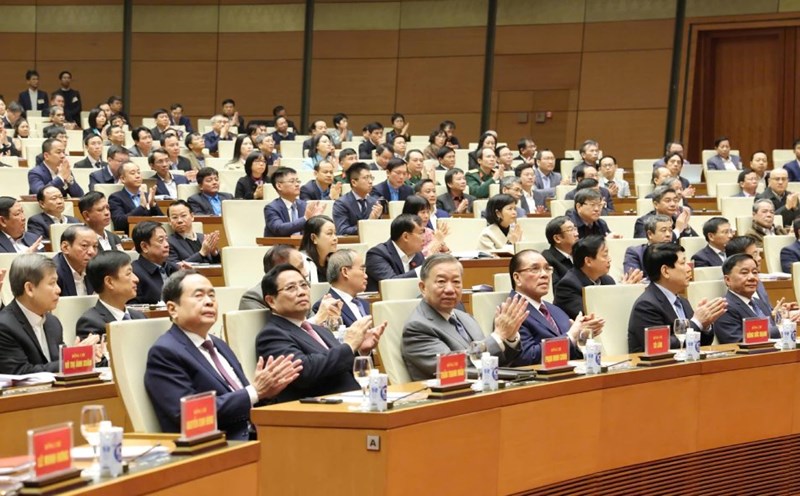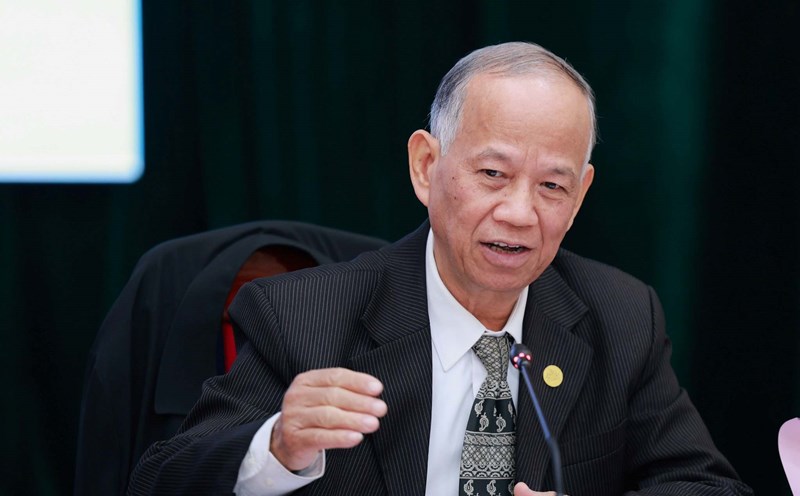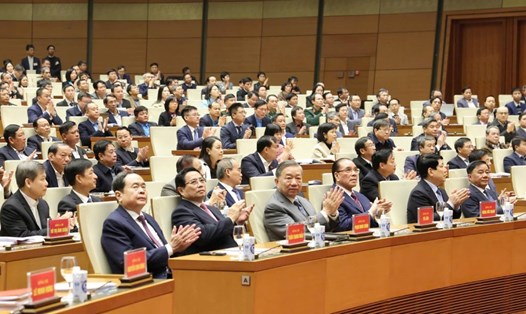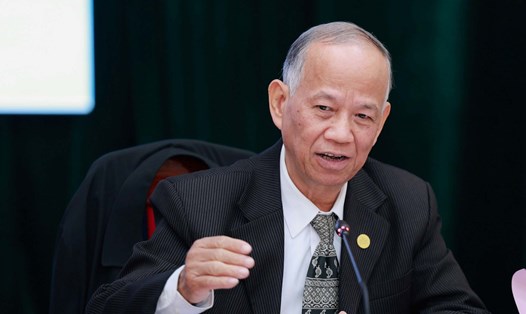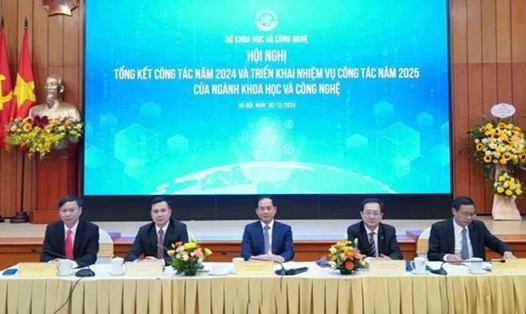Mr. Thai Thanh Quy - Deputy Head of the Central Economic Commission - raised this content when talking about measures to implement major goals in the Resolution of the Politburo on breakthroughs in science, technology development, innovation and national digital transformation (Resolution 57-NQ/TW), at the National Conference this morning (January 13).
To realize the major goals of Resolution 57, Deputy Head of the Central Economic Commission Thai Thanh Quy emphasized that the tasks of developing science and technology, innovation and digital transformation must be specifically identified in the annual work programs and plans of agencies, appropriately arranging the number of cadres with scientific and technical expertise in Party committees at all levels, and at the same time promoting the spirit of creativity, daring to think, daring to do, daring to take responsibility of the cadres and party members in developing science and technology, innovation and digital transformation.
In addition, it is necessary to eliminate all ideas, concepts, and barriers that are hindering development; turn institutions into a competitive advantage in science and technology development. Agencies must focus on removing bottlenecks, freeing up resources, encouraging and developing science, technology, innovation, national digital transformation, and human resource development.
The State has a pilot mechanism for enterprises to test new technologies under State supervision; has a policy of exemption from liability for enterprises, organizations and individuals in cases where testing new technologies and new business models causes economic damage due to objective reasons; and at the same time allows the formation of venture capital funds for creative startups, technology incubation and digital transformation.
Along with that, the State also increases investment and completes infrastructure for science, technology, innovation and national digital transformation; allocates at least 15% of the state budget for science to serve strategic technology research; issues public-private partnership mechanisms and policies to research and develop strategic technologies.
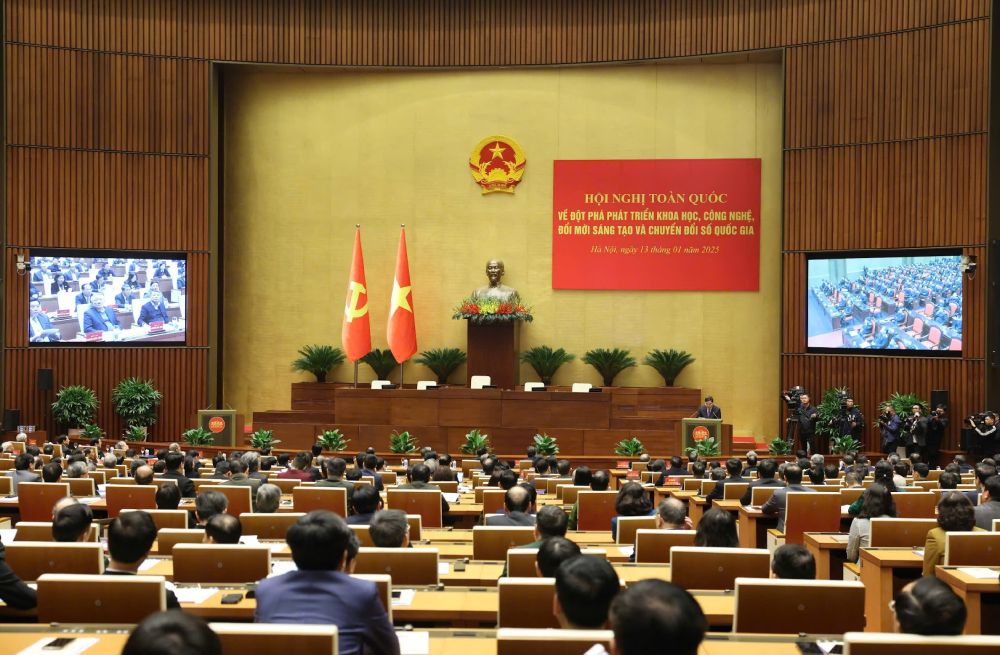
Ministries and sectors need to have attractive mechanisms and policies on credit, scholarships and tuition fees to attract excellent students to study in the fields of mathematics, physics, biology, chemistry, engineering and key technology, especially at postgraduate levels; focus on developing a team of lecturers and scientists with sufficient capacity and qualifications to meet the requirements of teaching in the fields of basic science, semiconductor chip technology, microcircuits, engineering and key technology.
Previously, in the presentation on the results of implementing policies related to science, technology, innovation and national digital transformation in recent times, Deputy Head of the Central Economic Commission Thai Thanh Quy said that the speed and breakthrough of science, technology, innovation and national digital transformation are still slow; they have not really become an important driving force for socio-economic development.
Mobilizing resources for science and technology and research and development (R&D) is not effective, in which spending on science and technology has not reached the minimum prescribed level of 2% of total state budget expenditure (in 2023 it will only reach 0.82%) and spending on R&D has only reached about 0.67% of GDP (in which the average level of developed countries is 2-5% of GDP).

